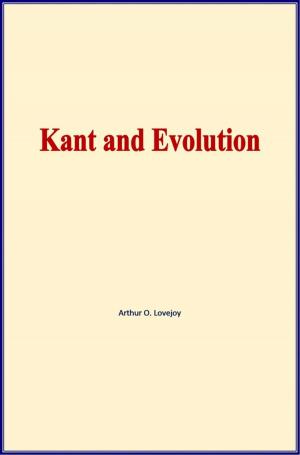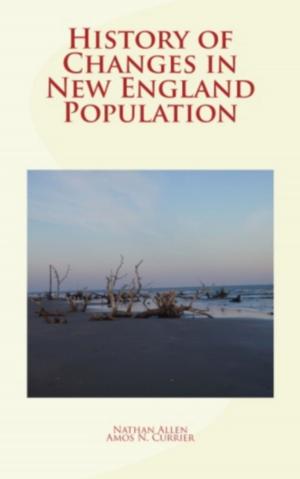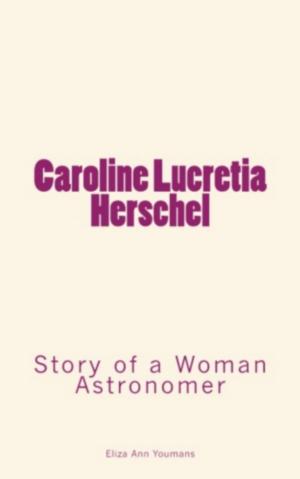A Short History of Scientific Instruction
Nonfiction, Science & Nature, Science, Other Sciences, History| Author: | Joseph N. Lockyer | ISBN: | 9782366595857 |
| Publisher: | Literature and Knowledge Publishing | Publication: | April 12, 2018 |
| Imprint: | Literature and Knowledge Publishing | Language: | English |
| Author: | Joseph N. Lockyer |
| ISBN: | 9782366595857 |
| Publisher: | Literature and Knowledge Publishing |
| Publication: | April 12, 2018 |
| Imprint: | Literature and Knowledge Publishing |
| Language: | English |
"It is perhaps the more necessary to insist upon stern necessity as being the origin of learning, because it is so difficult for us now to put ourselves in the place of those early representatives of our race that had to face the problems of life among conditionings of which they were profoundly ignorant: when night meant death; when there was no certainty that the sun would rise on the morrow; when the growth of a plant from seed was unrecognized; when a yearly return of seasons might as well be a miracle as a proof of a settled order of phenomena; when, finally, neither cause nor effect had been traced in the operations of Nature. It is doubtless in consequence of this difficulty that some of the early races have been credited by some authors with a special love of abstract science, of science for its own sake; so that this, and not stern necessity, was the motive of their inquiries. Thus we have been told that the Chaldeans differed from the other early races in having a predilection for astronomy, another determining factor being that the vast plains in that country provided them with a perfect horizon. The first historic glimpses of the study of astronomy we find among the peoples occupying the Kile Valley and Chaldea, say 6000 B. C. But this study had to do with the fixing of the length of the year, and the determination of those times in it in which the various agricultural operations had to be performed. These were related strictly to the rise of the Nile in one country and of the Euphrates in the other. All human activity was, in fact, tied up with the movements of the sun, moon, and stars. These, then, became the gods of those early peoples, and the astronomers, the seers, were the first priests; revered by the people because as interpreters of the celestial powers they were the custodians of the knowledge which was the most necessary for the purposes of life..."
This book deals with the History of Scientific Instruction.
"It is perhaps the more necessary to insist upon stern necessity as being the origin of learning, because it is so difficult for us now to put ourselves in the place of those early representatives of our race that had to face the problems of life among conditionings of which they were profoundly ignorant: when night meant death; when there was no certainty that the sun would rise on the morrow; when the growth of a plant from seed was unrecognized; when a yearly return of seasons might as well be a miracle as a proof of a settled order of phenomena; when, finally, neither cause nor effect had been traced in the operations of Nature. It is doubtless in consequence of this difficulty that some of the early races have been credited by some authors with a special love of abstract science, of science for its own sake; so that this, and not stern necessity, was the motive of their inquiries. Thus we have been told that the Chaldeans differed from the other early races in having a predilection for astronomy, another determining factor being that the vast plains in that country provided them with a perfect horizon. The first historic glimpses of the study of astronomy we find among the peoples occupying the Kile Valley and Chaldea, say 6000 B. C. But this study had to do with the fixing of the length of the year, and the determination of those times in it in which the various agricultural operations had to be performed. These were related strictly to the rise of the Nile in one country and of the Euphrates in the other. All human activity was, in fact, tied up with the movements of the sun, moon, and stars. These, then, became the gods of those early peoples, and the astronomers, the seers, were the first priests; revered by the people because as interpreters of the celestial powers they were the custodians of the knowledge which was the most necessary for the purposes of life..."
This book deals with the History of Scientific Instruction.















